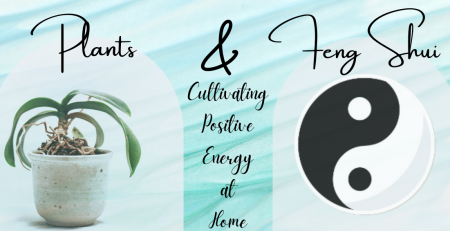Ethnobotany: Exploring the Amazing Relationship Between Plants and People🌱💚
Introduction to Ethnobotany:
Hey there! Have you ever wondered about the incredible ways plants and people are connected? That’s what ethnobotany is all about! It’s like a magical journey where we explore how different cultures use plants for food, medicine, and so much more. Ethnobotany is like a bridge between plants and people, helping us understand and appreciate the special bond we share with the botanical world.
Plants and People: A Special Connection
Imagine a world where plants and people are like old friends, sharing secrets and stories. That’s what ethnobotany is all about! It’s a cool way of looking at how plants have helped us humans in different ways throughout history.
Learning About Different Cultures:
Ethnobotanists are like detectives, but instead of solving crimes, they study how different cultures use plants. At the heart of ethnobotany lies the exploration of traditional plant knowledge and practices within diverse cultural contexts. Indigenous communities around the world possess a deep understanding of local flora, utilizing plants for food, medicine, shelter, spiritual rituals, and artistic expression. Ethnobotanists work collaboratively with these communities to document and preserve this invaluable traditional knowledge, recognizing its cultural significance and contribution to human well-being.
Plants as Medicine:
Did you know that many medicines come from plants? Ethnobotanists explore how ancient healing traditions use plants to help people feel better. By studying these traditions, scientists can find new ways to make medicines that help sick people today. Plants have long been a source of healing and wellness, providing a rich pharmacopeia of bioactive compounds. Ethnobotanical research delves into traditional medicinal practices, uncovering the therapeutic properties of plants used in indigenous healing systems. By combining scientific analysis with traditional knowledge, ethnobotanists identify potential sources for new drugs and therapies, contributing to the advancement of modern medicine while honoring ancient healing traditions.
Taking Care of Nature:
Plants are super important for keeping our planet healthy. Ethnobotanists work with indigenous people to learn how they take care of plants and use them without harming the environment. This helps us all learn how to protect nature better. Ethnobotany plays a vital role in biodiversity conservation and sustainable resource management. Indigenous cultures often possess deep ecological knowledge, rooted in centuries of coexistence with their natural surroundings. By understanding and respecting traditional resource management practices, ethnobotanists promote conservation strategies that are both ecologically sound and culturally sensitive, fostering the preservation of plant biodiversity and indigenous livelihoods.
Keeping Cultures Alive:
Plants aren’t just useful; they’re also a big part of different cultures. Ethnobotany helps us understand why certain plants are important in different ceremonies and traditions. By learning about these plants, we can help keep these cultures alive and thriving. Plants are deeply intertwined with cultural identity and resilience, serving as symbols of heritage and connection to the land. Ethnobotanical studies highlight the cultural significance of certain plant species, revealing their roles in rituals, ceremonies, and everyday life within different communities. By honoring and celebrating this cultural diversity, ethnobotany strengthens cultural resilience and promotes intergenerational transmission of traditional knowledge.
Teaching and Helping Communities:
Ethnobotanists aren’t just about studying plants; they also teach and help communities. They share what they learn with others and work with communities to protect special plants and their traditions. It’s like being a plant superhero! Ethnobotany empowers communities by valuing and preserving their traditional knowledge systems. Through participatory research and community engagement, ethnobotanists collaborate with indigenous peoples to document and revitalize traditional plant uses, fostering pride and self-determination. By sharing their expertise and resources, ethnobotanists contribute to capacity-building initiatives that empower communities to sustainably manage their natural resources and preserve their cultural heritage.
Conclusion:
Ethnobotany is all about exploring the awesome ways plants and people are connected. By learning from different cultures, finding new medicines, and protecting nature, ethnobotany helps us appreciate the amazing world of plants and the important role they play in our lives. So next time you see a plant, remember, it’s not just a leaf or a flower – it’s a friend with a lot of stories to tell! 🌱💚
Happy gardening!
Contact Us To Shop Plants Online –
![]() www.lilplants.com
www.lilplants.com ![]() lilplants.world
lilplants.world ![]() LilPlants.IN
LilPlants.IN













Leave a Reply